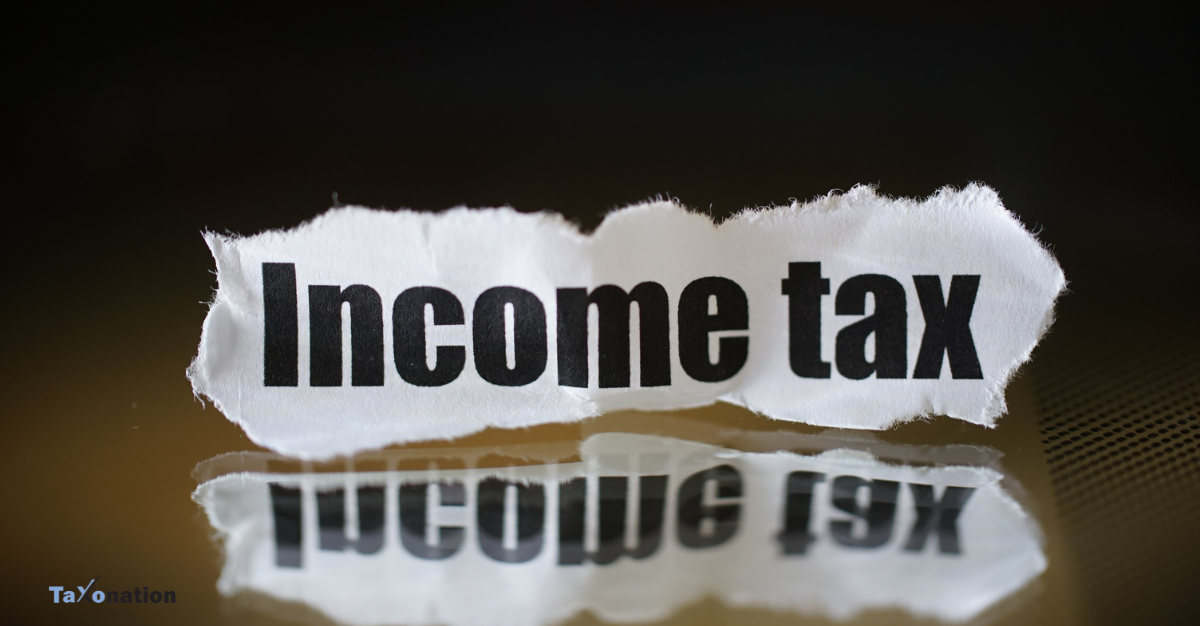
The Income Tax Department has revised its guidelines for compounding offences under the Income Tax Act, 1961. Compounding of offences allows individuals who have committed a tax-related default to acknowledge their mistake and apply to the tax authority for a resolution. If accepted, the authority may drop the case, often in exchange for a reduced fee.
The revised guidelines are aimed at making this compounding process simpler and less complicated. They consolidate multiple existing guidelines and lower the charges associated with compounding. The Income Tax Department stated that these changes are part of their effort to streamline procedures and make compliance easier for taxpayers.
Revised guidelines by Income Tax Department:
These new guidelines, issued by the Central Board of Direct Taxes (CBDT), replace all previous guidelines and apply to both new and pending applications.
The revised rules aim to simplify the compounding process by reducing complexities from multiple existing guidelines and lowering compounding charges. Key changes include:
-Elimination of offence categorization.
-No limit on the number of times applications can be filed.
-Fresh applications allowed to correct previous defects.
-Compounding now permitted for specific offences under sections 275A and 276B
Removal of the 36-month limit for filing applications after a complaint.
Companies and Hindu Undivided Families (HUFs) no longer need the main accused to file the application; any co-accused can do so.
-Compounding charges have been rationalized, including the abolition of interest on late payments and a simplified rate of 1.5% per month for TDS defaults
What are the new guidelines for revised compoundable offences?
In a circular dated October 17, 2024 the Ministry of Finance via Income Tax Department has said the following:
Scope of the Revised Guidelines for Prosecutions Under the Income Tax Act, 1961
The new guidelines for compounding offences under the Income Tax Act, 1961, take effect immediately. They apply to all applications submitted after the issuance date and to those already filed but not yet resolved. For pending applications where compounding charges have been determined but not fully paid, the charges will be recalculated according to the new, lower rates. However, if the previous higher charges have already been paid, no refunds or adjustments will be made.
Applicants can resubmit if their earlier applications were rejected due to correctable issues, such as unpaid taxes or penalties, incorrect forms, wrong financial years mentioned, or issues with the payment of compounding charges. Any payments made under the previous guidelines will be credited toward the new charges.
Importantly, applications that were previously rejected on their merits by the Competent Authority will not be reconsidered under these new guidelines.
Compounding Application Fee:
For Compounding Application or the Consolidated Compounding Application, filed on or after the date of issuance of these guidelines, irrespective of the year of offence, the applicant shall deposit non-refundable fee as following:
Single Compounding application- Rs 25,000 (per application
Consolidated Compounding application- Rs 50,000 (per such application)
Consolidated Compounding application- Rs 50,000 (per such application)